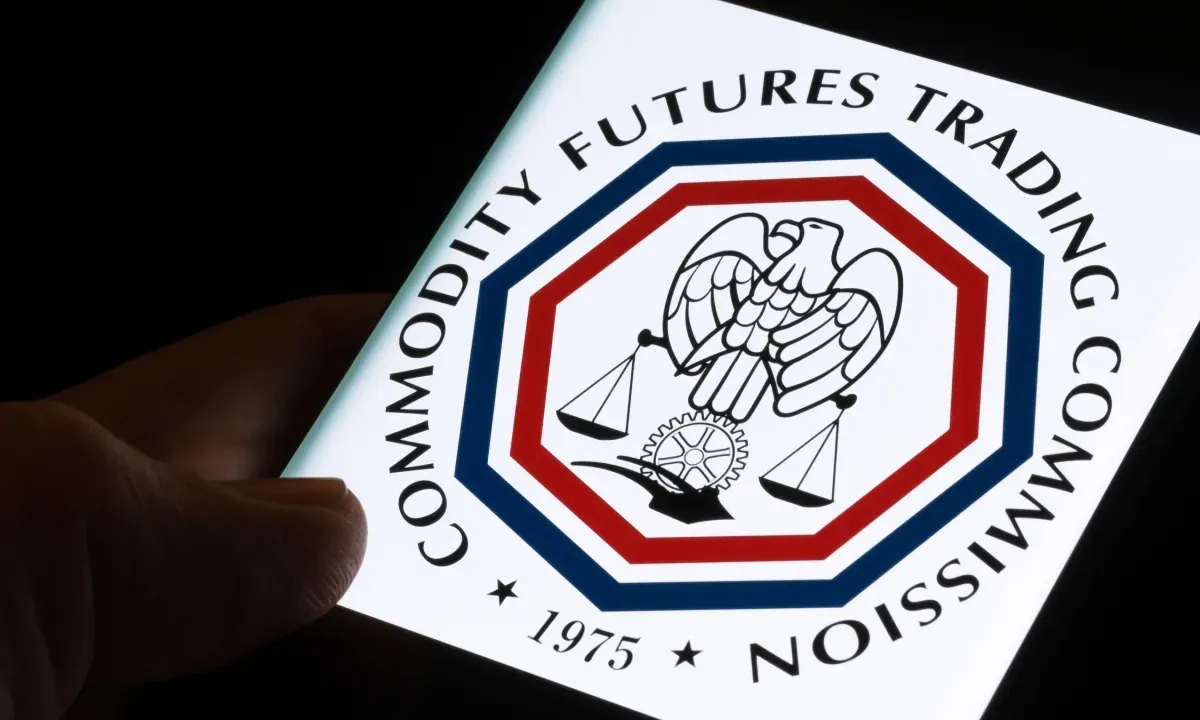CFTC Authorizes US Traders to Access Offshore Exchanges like Binance, ByBit, OKX

The Commodity Futures Trading Commission (CFTC) has taken a significant step toward expanding access for American traders to global crypto markets. On August 28, 2025, the CFTC’s Division of Market Oversight issued a pivotal advisory that clarifies the foreign board of trade (FBOT) registration framework. This guidance provides a clear and structured process for non-US exchanges, such as Binance, ByBit, and OKX, to register and legally serve American customers. The move is poised to reshape the landscape for US crypto traders by granting them regulated access to a broader pool of global liquidity across both traditional derivatives and digital asset markets.
The advisory addresses a long-standing challenge for offshore crypto exchanges, many of which have historically avoided operating in the US due to regulatory uncertainty and the risk of enforcement actions. Previously, these platforms often blocked American IP addresses or operated entirely outside US jurisdiction to avoid scrutiny. Now, with a defined pathway for compliance, these exchanges can register with the CFTC, adhere to US regulations, and offer their services to American traders without fear of legal repercussions. This development marks a shift toward integrating global crypto markets with the US financial system under a transparent regulatory framework.
Stay In The Loop and Never Miss Important Crypto News
Sign up and be the first to know when we publishA New Era for Crypto Regulation
The CFTC’s guidance is part of a broader effort to bring clarity to the crypto industry, which has historically been hampered by a lack of regulatory certainty. Acting Chairman Caroline Pham emphasized that the FBOT framework offers the simplest and fastest route for overseas exchanges to reach US traders. She highlighted the advisory’s role in “legally onshoring trading activity” that was previously driven offshore due to aggressive enforcement actions under prior administrations. By creating a structured process, the CFTC aims to welcome back American traders who seek efficient and safe trading opportunities under its oversight.
This initiative aligns with the Trump administration’s push for a more crypto-friendly regulatory environment. The CFTC has been working closely with the Securities and Exchange Commission (SEC) to establish clearer guidelines for the digital asset industry. Earlier in August, the CFTC launched its “crypto sprint” initiative, which focuses on implementing recommendations from President Trump’s Working Group on Digital Asset Markets. This program targets key areas such as treating cryptocurrencies as commodities, addressing DeFi interactions, and regulating blockchain-based derivatives, signaling a proactive approach to fostering innovation while maintaining investor protections.
For US traders, the implications are significant. Access to offshore exchanges like Binance, ByBit, OKX, and others, could unlock new opportunities to engage with global markets, which often offer higher liquidity and a wider range of trading products, such as perpetual futures and leveraged trading, compared to US-based platforms. The CFTC’s framework ensures that these activities will be conducted under strict regulatory oversight, providing protections against fraud, market manipulation, and other risks that have historically plagued the crypto space.
The advisory also reflects a response to the evolving global derivatives market, which continues to expand with new products and trading venues. By allowing offshore exchanges to register as FBOTs, the CFTC is facilitating a more competitive environment for American traders while ensuring that these platforms meet standards comparable to those of US-regulated exchanges. This move could encourage American crypto firms that relocated abroad due to regulatory pressures to return to US markets, fostering innovation and economic growth within the country.
However, the path forward is not without challenges. Offshore exchanges must navigate a rigorous registration process and comply with CFTC regulations, which include robust know-your-customer (KYC) and anti-money laundering (AML) requirements. Additionally, the advisory does not grant blanket access to all offshore platforms; only those that meet the CFTC’s stringent criteria will be permitted to operate. This ensures that American traders are protected while accessing global markets, but it also places a significant compliance burden on exchanges seeking to serve US customers.

